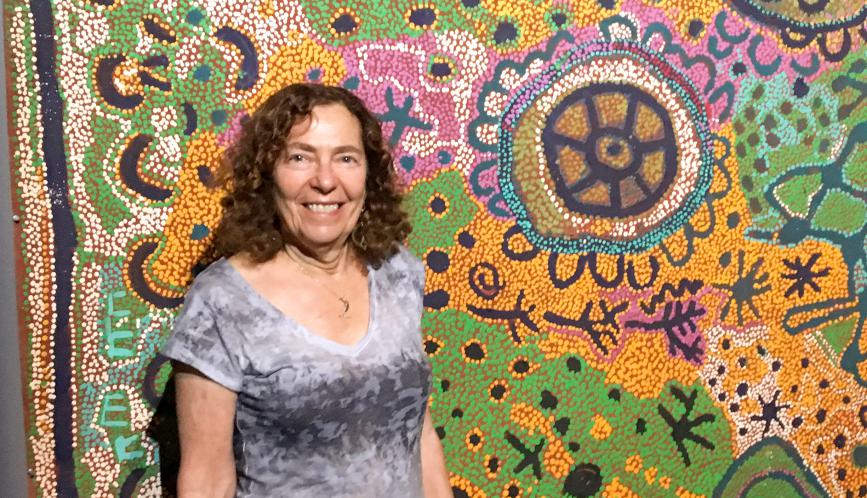MIP network member Barbara Wolfe is the Richard A. Easterlin Professor of Economics, Population Health Sciences, and Public Affairs, and Faculty Affiliate at the Institute for Research on Poverty at the University of Wisconsin-Madison. Her research focuses broadly on poverty and health issues. She is currently working on several projects, including: whether housing voucher programs lead to better school performance of children in the household; how poverty influences critical brain areas among young children; and the influence of growing up with a sibling who has a developmental disability or mental illness, or a sibling who dies, on outcomes as a young adult. Past research addresses the effects of welfare reform; economics of disability; ties among income, wealth, and health; racial disparities in health; and intergenerational determinants of success in young adults. She is a member of the National Academy of Medicine, currently serving on its Roundtable on the application of social and behavioral science research.
Describe your area of study and how it relates to current policy discussions surrounding inequality.
My research has focused primarily on understanding the consequences of poverty. Children have been my primary focus but I also study persons with disabilities and how health shocks influence older adults. One recent focus of my work has been to use brain scans to understand and document the influence of poverty on critical areas of the brain of children and to tie this to children’s performance on cognitive tests. These are areas of the brain that continue to develop until at least the mid 20th so are areas likely to respond to increases in resources and experiences.This opens the door to studies of how changes in inequality and especially reductions in poverty might improve children, adolescent and young adults’ cognitive performance in multiple dimensions. The next step in this work is to test these effects using means tested programs. Potentially this approach can capture the long shadow of such programs without waiting for years until these effects occur. A second focus is to explore the role of siblings who experience a negative “event” on well siblings. This includes the influence of a sibling’s death, a sibling’s significant disability or having an adopted sibling and to ask if a family’s socioeconomic can modify these effects. If greater family resources reduce negative effects, this creates an argument for targeted programs.
What areas in the study of inequality are most in need of new research?
Inequality is multi-dimensional. We have a good deal of research on income and wealth inequality but less on other dimensions such as inequality of health. Measuring health inequality and capturing the role of health in creating income and wealth inequality would be particularly interesting.
What advice do you have for emerging scholars in your field?
The fields of genetics and brain research are developing rapidly. Working together with scientists in these areas may lead to breakthroughs in inequality research. Do not be fearful of working across boundaries—some of the greatest new insights are likely to come from such collaborative work.



